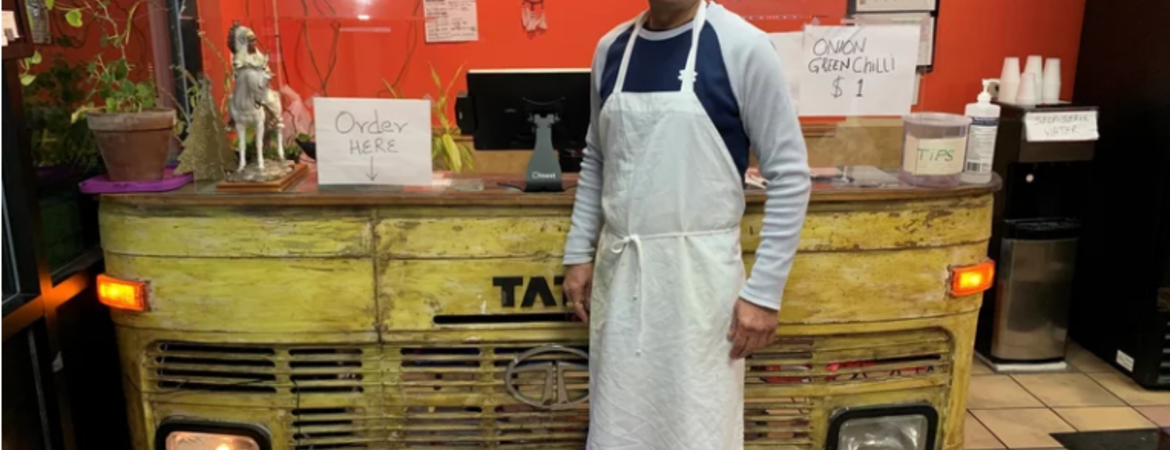Center for Social Innovation

"My point is, that's good. Labor tightness is good," says Roy Beck, the founder and president of NumbersUSA, a nonprofit in the Washington, D.C., area that pushes for lower levels of immigration, and the author of a new book called Back Of The Hiring Line: A 200-Year History of Immigration Surges, Employer Bias, and Depression of Black Wealth.
"It is proven that you tighten the labor market and wages go up. It always happens," Beck says. "The fact that we had one year of less immigration contributed to that. And that's good. It's one of the most positive things that could happen for tackling economic inequality."
Beck argues that too much immigration hurts native-born workers, particularly those with less education, though many economists say the effect is small.
By all accounts, there are other, bigger reasons for the current labor shortage — with millions of workers retiring, or reluctant to come back to work during the pandemic. But it would be a mistake to ignore the effects of immigration, says Karthick Ramakrishnan, who teaches public policy at the University of California, Riverside.
"If you had a slowdown in immigration when there's very little demand for labor, you're not going to see that much of an effect," Ramakrishnan says. But right now — with millions of job openings — Ramakrishnan says there is a lot of demand for labor. "So absolutely. The slowdown in immigration is making a difference," he says.